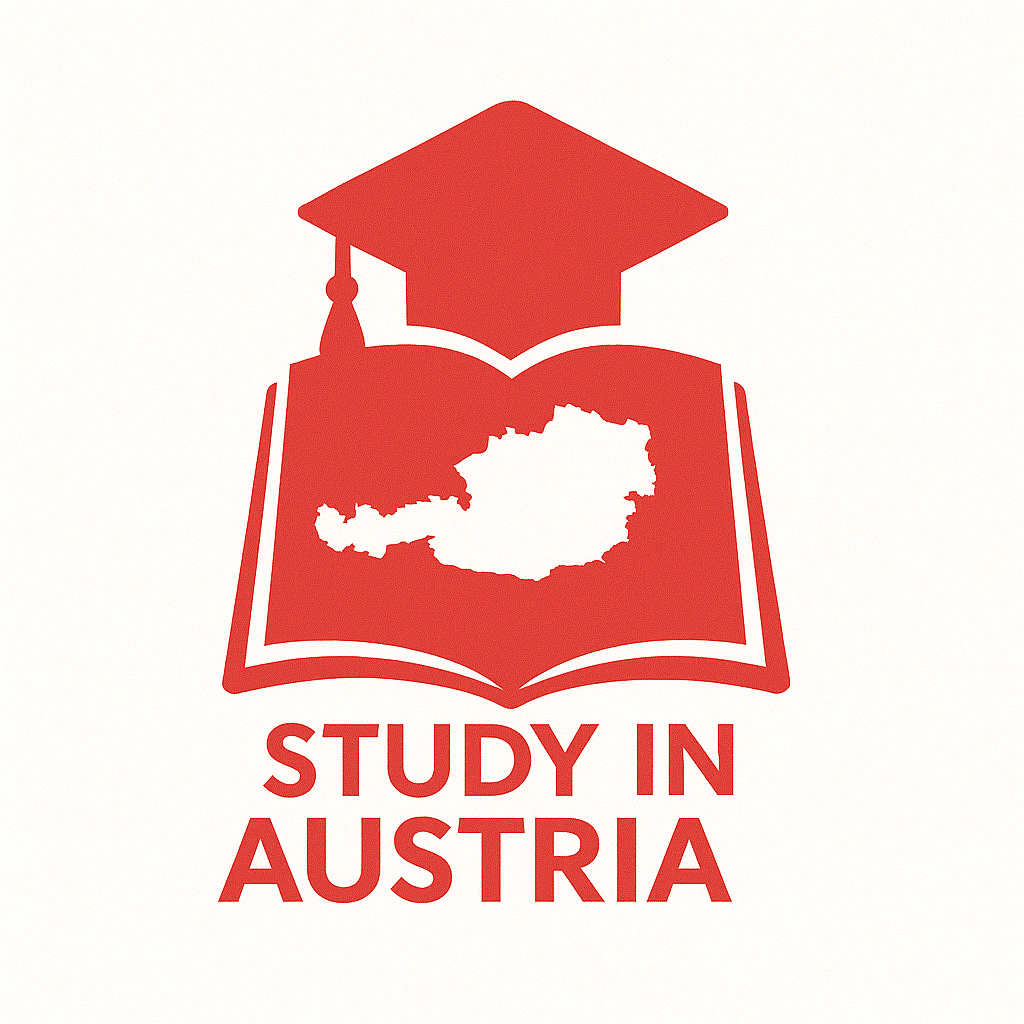Student Budgeting Tips for Life in Austria
Quick Navigation
- Understanding Typical Living Costs
- Accommodation Savings
- Managing Food and Daily Expenses
- Take Advantage of Student Discounts
- Tips for Saving Money and Tracking Expenses
- Working Part-Time
- Smart Energy Use
- Cultural and Social Life on a Budget
- Summary Table: Monthly Expenses Breakdown
- Conclusion: Partner with Study in Austria
- Take the Next Step with Study in Austria
Understanding Typical Living Costs
When moving to Austria for studies, having a clear picture of living costs is essential for financial planning.
Major Cities vs. Smaller Towns: In vibrant cities like Vienna and Salzburg, students should anticipate a monthly budget between 900–1,300 EUR. This estimate encompasses all living expenses, including accommodation, food, social activities, and public transportation. For smaller cities such as Linz or Graz, students can usually budget 900–1,000 EUR.
Monthly Budget Overview
| Expense | Typical Cost (EUR/month) |
|---|---|
| Living Costs | 900–1,300 (major cities) |
| Living Costs | 900–1,000 (smaller cities) |
Accommodation Savings
Accommodation typically constitutes the largest portion of your budget. Here’s how to navigate this aspect:
Cost Ranges: Monthly accommodation costs vary widely, generally falling between 200–500 EUR.
- For those living independently, anticipate around 400 EUR/month.
- Affordable student dormitories can cost about 260 EUR/month.
- Opting for shared apartments with peers reduces expenses to around 370 EUR/month.
By thoughtfully choosing your living arrangements—such as selecting dormitories or shared flats—you can efficiently manage your budget.
Cost Comparison of Accommodation Options
| Accommodation Type | Average Monthly Cost (EUR) |
|---|---|
| Living alone | 400 |
| Dormitory | 260 |
| Shared flat | 370 |
Managing Food and Daily Expenses
One of the most flexible budget categories is food. Here are tips for maintaining a nutritious yet economical diet:
Grocery Costs: Shopping at supermarkets like Hofer, Zielpunkt, Spar, and Billa can keep your monthly food expenses to about 200–250 EUR.
Cooking at Home: Preparing meals is generally more cost-efficient than dining out. For instance:
- Lunch at local pubs can cost between 7–10 EUR.
- Expect to pay around 12–18 EUR for main dishes in tourist areas and 20–30 EUR for multi-course meals.
Tips:
- Plan meals and create a shopping list to avoid impulse purchases.
- Cook in batches to save both time and money.
Take Advantage of Student Discounts
Austria is known for its extensive student discount programs. Here’s how to maximize your savings:
- Public Transportation: Many cities offer significantly reduced prices for student transportation. Always keep your student ID handy to access these benefits.
- Cultural Engagement: Museums and cultural events frequently provide special rates or free entry days for students.
Taking advantage of discounts can significantly reduce overall living expenses.
Tips for Saving Money and Tracking Expenses
Effective budgeting involves monitoring your spending:
- Expense Tracking: Utilize budgeting apps or simple spreadsheets to keep track of monthly expenses. Understanding your financial habits helps identify areas for savings.
- Second-Hand Purchases: Buy used textbooks, bicycles, and household goods to reduce costs.
- Food Waste Reduction: Participate in food-saving initiatives, like services that offer discounted food nearing its expiry, to manage food budgets effectively.
Suggested Cost-Saving Practices
- Track expenses regularly.
- Buy second-hand where possible.
- Reduce waste through food-saving initiatives.
Working Part-Time
Many international students choose to work part-time to further enhance their experience and cover living expenses. Here are critical points to consider:
- Legality: Ensure you are aware of the legal limits on working hours as a student and any applicable visa requirements.
- Job Opportunities: On-campus jobs or positions in local businesses can help you find a balance between work and study.
Smart Energy Use
Utility bills can accumulate quickly if you’re not cautious. Employ these habits to save on energy:
- Energy Conservation: Always turn off lights when leaving a room and unplug devices you are not using. Small changes in daily habits can lead to substantial savings in utility costs.
Cultural and Social Life on a Budget
Studying in Austria offers a vibrant cultural experience without breaking the bank:
- Community Events: Engage in free or low-cost community events, including student nights and local concerts. This helps you immerse yourself in the socio-cultural fabric while managing your entertainment budget.
- Travel Planning: Austria’s central location allows for budget-friendly travel across Europe. Plan trips in advance and search for student travel deals.
Summary Table: Monthly Expenses Breakdown
| Expense | Typical Cost (EUR/month) | Money-Saving Tips |
|---|---|---|
| Accommodation | 200–500 | Opt for dorms or shared flats |
| Food | 200–250 | Shop at affordable supermarkets, cook at home |
| Transportation | Included in total budget | Use student discounts for public transit |
| Social Activities | Included in total budget | Use student discounts, attend free events |
| Utilities | Varies | Practice energy-saving habits |
By employing these budgeting strategies and utilizing the resources available as a student in Austria, you can effectively manage your finances and prioritize your academic experience.
Conclusion: Partner with Study in Austria
At Study in Austria, we understand that effective financial management is key to a successful study abroad experience. Our platform connects international students with universities and resources that can simplify the transition process and offer guidance on budgeting.
If you are an educational professional or recruiter looking to support students in understanding their living expenses and opportunities in Austria, we invite you to contact us for partnership opportunities. Together, we can help shape a brighter future for students in Austria.
Take the Next Step with Study in Austria
Explore further and make the most of your study experience in Austria. We provide invaluable resources and connections.

